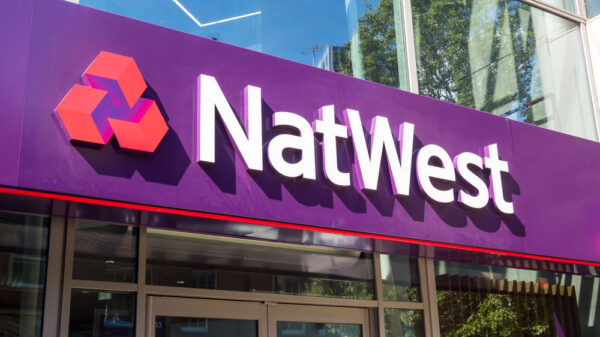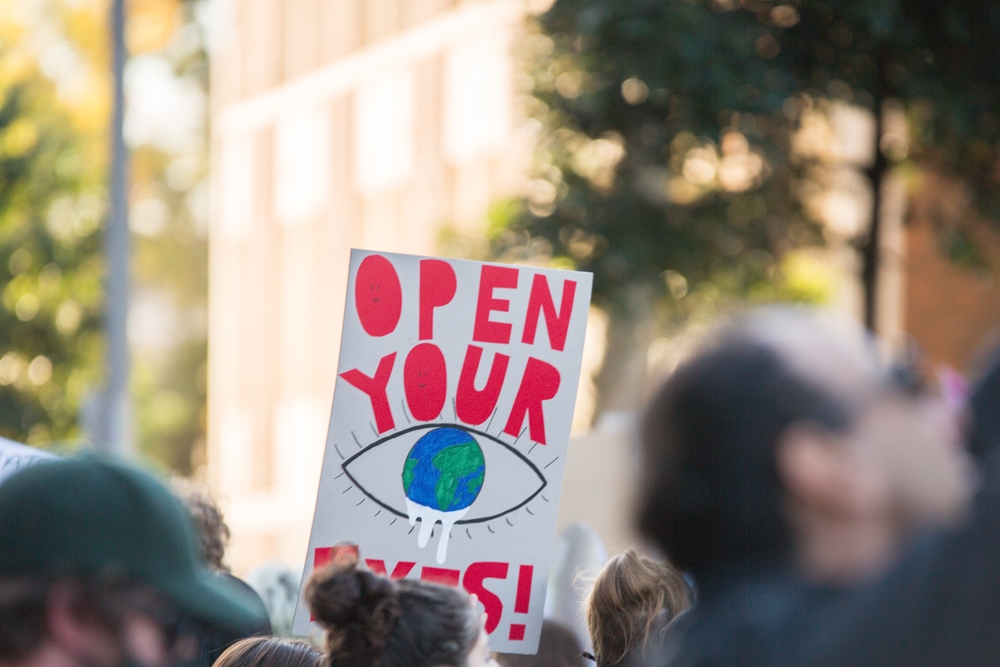Energy secretary Claire Coutinho is set to ditch the UK government’s so-called gas boiler tax that aimed to encourage heat pump installation.
Under the previous plans, from April 2024 boiler manufacturers would have been required to match, or substitute, 4% of their boiler sales with heat pumps or face a fine of £3,000 for every installation they fell short by.
In an effort to offset the potential fines, gas boiler installers had already been raising prices, which are set to increase by up to £120 in 2024.
The Times reported that Coutinho is set to scrap the 4% target and fines as government intervention was unlikely to prevent consumers from being hit with additional costs.
Subscribe to Sustainability Beat for free
Sign up here to get the latest sustainability news sent straight to your inbox everyday
A government source told The Times: “Boiler manufacturers have saddled families with indefensible price hikes — this is not right. We’re looking again at the policy and expect manufacturers to do the right thing and remove their price hikes immediately.”
Coutinho is expected to assure that the government can reach its 600,000 heat pumps target through other schemes and initiatives.
Another net zero U-turn
In October last year, prime minister Rishi Sunak announced a range of green policy U-turns, including delaying a diesel and petrol car ban to 2035 and heat pump transition from 2026 to 2035.
“We will never force anyone to rip out their existing boiler and replace it with a heat pump,” Sunak said at the time. “You’ll only have to make the switch when you’re replacing your boiler anyway and even then not until 2035.”
Elsewhere, the Labour party is also set to scrap its commitments, as The Guardian reports that the party is set to ditch its £28billion green infrastructure pledge following claims it could cause an increase in taxes.
One shadow minister said: “The £28 billion is definitely going as a figure. It will be changed to specific outcomes linked to specific investment, rather than being a random figure to be allocated at a later date.”
“It was always meant to be formally allocated before the general election, so this isn’t such a major departure really. It’s being firmed up, not dropped.”










